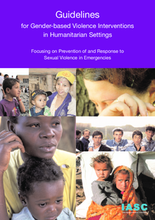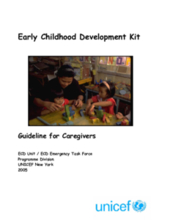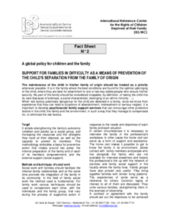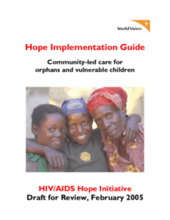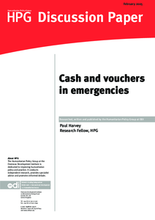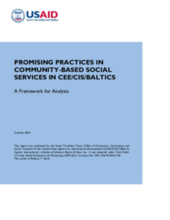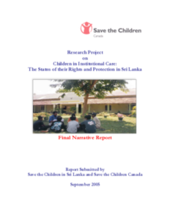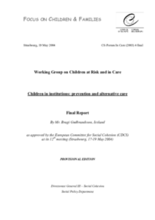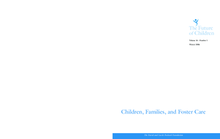Displaying 871 - 880 of 911
Comprehensive guidelines for dealing with the planning, establishment, and coordination of multisectoral interventions to prevent and respond to sexual and gender-based violence.
Guidelines for caregivers of children in emergency situations, with a focus on the role of play in childhood learning and development. Includes a comprehensive list of suggested activities.
Brief summary of the importance of social work in preventing family separation, including increasing empowerment, social support and self-assessment processes.
Detailed guidance on implementation of programs for OVC care. Includes list of technical resource contacts. Complement to the World Vision ADP Toolkit for HIV/AIDS Programming.
Examines the use of cash and vouchers to provide people with assistance in emergency situations
Provides a framework for analysis of community-based social welfare services and linkages with government structures. Includes analysis of alternative care provision, de-institutionalization, programming for children with disabilities, standards of care, and overall social welfare sector reform.
Lists ethical “do’s and dont's” specific to Consultants/Advisors, Managers/Supervisors, and Field-Level Workers arranging and conducting Needs Assessments in disaster situations.
A situation analysis of children in institutional care that includes policy implications and key recommendations.
A comparative analysis of protection and care systems across Europe, focusing on the use of institutions, alternative forms of care placements, family support services, and the role of social workers in the process of child placement.
In assessing the practice of foster care in the US and its current limitations, this series of articles advocates for the implementation of health assessments for all children in care, support to preserve permanency and assist birth families, comprehensive supports for foster families, specialized services for children in need, increased cultural competency in social work practice, coordinated services across sectors for families in need and comprehensive well being assessments for children in care.

